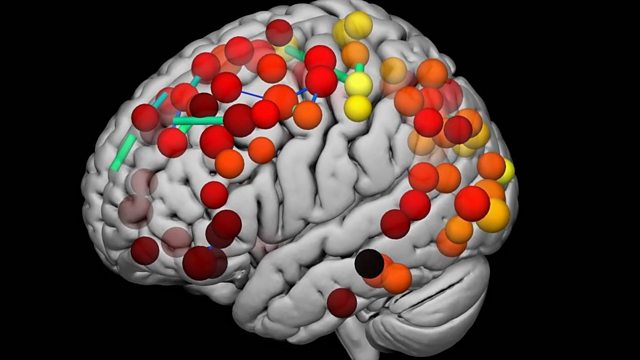Insights into Mental Health from the Teenage Brain
Why do so many mental health problems emerge for the first time during the teenage years? Researchers find clues clues in teenage brains.
Adolescence is a time when life-long mental health difficulties can first emerge. Researchers in Cambridge have scanned hundreds of teenage brains and combined the data with genetic information to try to work out why this happens. They hope that by identifying factors which increase the risk of developing conditions like schizophrenia, doctors will eventually be able to intervene early.
1 in 5 burn wounds can become infected as they start to heal. But even burns experts canβt tell which patients need antibiotics without removing dressings and swabbing the wound to culture it in the lab. British researchers have come up with a βsmartβ bandage β containing tiny nanocapsules of dye which βglowsβ when it comes into contact with enzymes released by infecting bacteria. Itβs hoped if that trials prove successful then the dressings will be used to spot infections earlier.
A new study has revealed that nearly all costly add-on treatments offered by UK fertility clinics to increase the chance of having a baby through IVF are not supported by high-quality evidence proving that they work.
Australian novelist Julia Leighβs book Avalanche describes her own personal IVF experience.
(Photo caption: Scientists have mapped the structural changes that occur in teenagersβ brains as they develop, showing how these changes may help explain why the first signs of mental health problems often arise during late adolescence. Credit: Β© Bob Bradburn
License: https://creativecommons.org/licenses/by-nc-sa/3.0/)
Last on
More episodes
Broadcasts
- Wed 30 Nov 2016 19:32GMTΒιΆΉΤΌΕΔ World Service East and Southern Africa & West and Central Africa only
- Wed 30 Nov 2016 20:32GMTΒιΆΉΤΌΕΔ World Service Americas and the Caribbean, Online, Australasia, UK DAB/Freeview & Europe and the Middle East only
- Wed 30 Nov 2016 21:32GMTΒιΆΉΤΌΕΔ World Service East Asia & South Asia only
- Thu 1 Dec 2016 02:32GMTΒιΆΉΤΌΕΔ World Service Americas and the Caribbean
- Thu 1 Dec 2016 03:32GMTΒιΆΉΤΌΕΔ World Service Online, Europe and the Middle East & UK DAB/Freeview only
- Thu 1 Dec 2016 04:32GMTΒιΆΉΤΌΕΔ World Service South Asia & East Asia only
- Thu 1 Dec 2016 05:32GMTΒιΆΉΤΌΕΔ World Service Australasia
- Thu 1 Dec 2016 07:32GMTΒιΆΉΤΌΕΔ World Service East and Southern Africa & Europe and the Middle East only
Podcast
-
![]()
Health Check
Health issues and medical breakthroughs from around the world.


